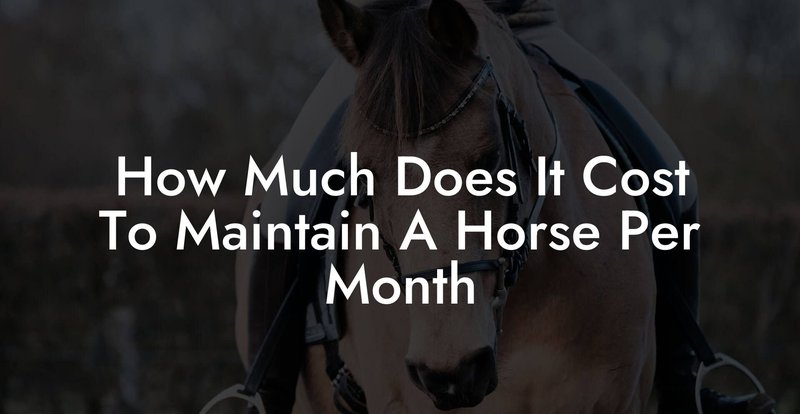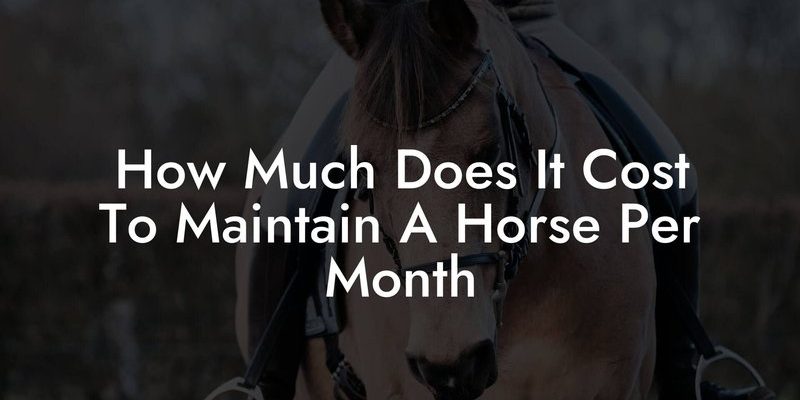
Let’s break it down, so you can see the financial picture clearly. Whether you’re dreaming of galloping through open fields or just keeping a gentle companion in your backyard, knowing the costs upfront can help you make the best choice for you and your future horse.
Initial Costs: Buying Your Horse
When it comes to the initial purchase price of a horse, the range can be astonishing. You might find a horse for as little as a few hundred dollars, while some show-quality breeds can cost tens of thousands. The price often depends on factors like breed, age, training level, and temperament. For instance, a young, untrained horse will cost significantly less than a well-trained competition horse.
Aside from the purchase price, there are also other initial costs to consider, such as:
- Transportation: Getting your horse home from the seller’s location can involve a horse trailer rental or hiring a transport service, which can run anywhere from $100 to $500.
- Initial veterinary checks: A soundness exam and vaccinations can total between $200 and $500.
- Basic equipment: Don’t forget about saddles, bridles, and grooming supplies—these can add up to another $1,000 or more depending on quality.
So, when you add it all up, the initial costs of owning a horse can range from a few hundred to several thousand dollars. It’s important to budget for these expenses ahead of time.
Monthly Feeding Expenses
Feeding your horse is one of the biggest ongoing costs you’ll face. Horses eat a lot, and their diet is crucial for their health. The main components of a horse’s diet typically include hay, grains, and sometimes supplements.
- Hay: A horse can eat between 15 to 25 pounds of hay daily. Depending on where you live, you might spend between $100 to $300 per month on hay.
- Grains: If your horse needs grain, that can add another $30 to $100 a month.
- Supplements: Some horses may need additional vitamins or minerals, which could run you an extra $20 to $50.
In total, you could be looking at $150 to $450 a month just for food. It’s crucial to factor in these ongoing costs as you plan for your horse ownership journey.
Routine Healthcare Costs
Taking proper care of your horse’s health is vital. Regular veterinary care isn’t just a good idea; it’s essential for keeping your horse happy and safe. Here are some typical veterinary expenses you’ll encounter:
- Annual check-ups: These typically cost between $150 and $300 and include vaccinations, dental work, and general health assessments.
- Hoof care: Regular farrier visits are also important. Expect to pay around $30 to $150 every 6 to 8 weeks for hoof trimming and shoeing, depending on your horse’s needs.
- Emergencies: Hopefully, you won’t need it, but keep in mind that emergency vet visits can cost anywhere from $500 to several thousand dollars.
Budgeting for routine healthcare will help ensure you’re prepared for both expected and unexpected situations.
Stable and Shelter Costs
Next up is where your horse will live! If you own land, you may need to build a stable or shelter, which can cost anywhere from $1,500 for a simple run-in shed to over $10,000 for a larger, more elaborate barn.
If you’re boarding your horse at a facility, you can expect to pay anywhere from $200 to $1,000 a month, depending on location and amenities offered. Here’s a quick breakdown of what you might find:
- Basic boarding: This usually provides shelter and feeding, starting around $200 to $500 a month.
- Full-service boarding: This includes services like grooming, exercising, and training, costing between $500 and $1,000.
Don’t forget about pasture maintenance and fencing if you have your horse on your property. These costs can add up, so it’s best to plan ahead.
Gear and Equipment Expenses
You can’t forget about riding gear and equipment. Here’s a few essentials you’ll need to consider for both your and your horse’s comfort and safety:
- Saddle and bridle: Depending on the type and quality, these can range from $300 to $2,000 or more.
- Riding clothes and gear: Expect to spend around $100 to $500 on helmets, boots, and other necessary clothing.
- Grooming supplies: Brushes, shampoos, and other grooming items might set you back another $50 to $200.
Overall, setting aside around $400 to $3,000 for your riding gear and equipment is a good plan, especially if you’re just starting out.
Insurance: Protecting Your Investment
Insurance for your horse can help you manage costs and protect your investment. It’s worth considering various types of coverage, such as:
- Mortality insurance: This covers the horse’s value in case of unexpected death. Annual premiums typically range from $200 to $600.
- Liability insurance: This is essential if you board your horse or host events and can cost around $100 to $300 per year.
While insurance is an extra expense, it provides peace of mind and can save you money in case of emergencies.
Miscellaneous and Unexpected Costs
With horse ownership, unexpected costs are a common reality. These can include:
- Emergency vet visits: Sometimes injuries happen, and being prepared helps. Setting aside a few hundred dollars can cushion those blows.
- Transportation fees: If you’re taking your horse to a vet or event, you might need to rent a trailer or hire a transport service.
- Unexpected supplies: From new gear to feed changes, having a small budget for surprises can save you stress.
Overall, it’s wise to budget an additional 10-20% of your overall monthly expenses for these unexpected costs.
In summary, owning and maintaining a horse can be a rewarding but costly endeavor. After considering various aspects like initial costs, feeding, healthcare, and more, you might find that the total monthly expenses can range from $400 to $1,500 or more.
If you’re committed and prepared financially, your horse can be a lifelong friend and companion. Remember, budgeting is essential! Having a clear plan will help you enjoy your journey with your horse without breaking the bank. So grab a cup of coffee, jot down your budget, and dream big about your future with your four-legged friend!

